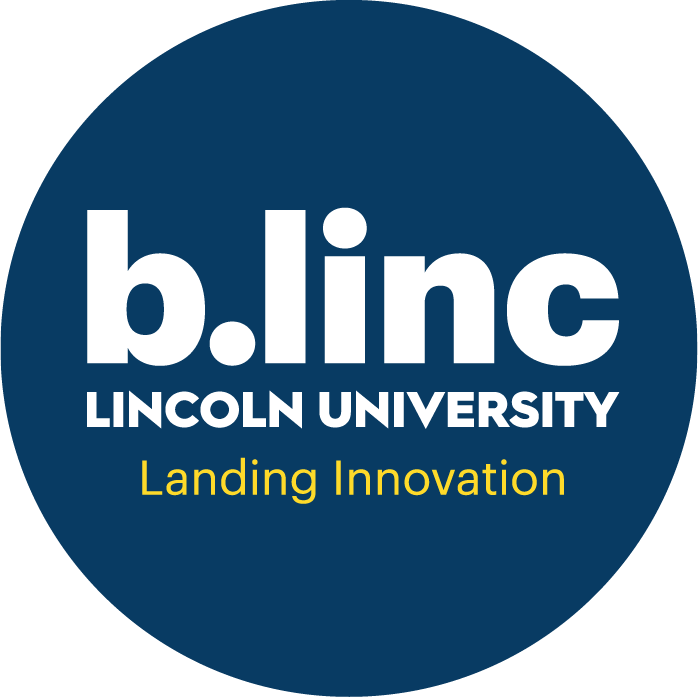Food Transparency and Trust | Event Summary & Key Learning
B.linc’s recent Food Transparency and Trust event focused on changing consumer preferences in favor of increased trace-ability and transparency.
We hosted a panel of experts to discuss what premium consumers are actually demanding and how we can collaborate to better meet their needs as well as adding more value for producers.
Our panel consisted of:
- Associate Professor (Lincoln University), Roland Harrison
- Farm owner and Chairman (Farmlands Cooperative Society), Rob Hewett
- Business Analyst & Agriculture Specialist (Webtools), Melissa Baer
Roland discussed the importance of provenance and how the knowledge of product provenance increases trust and reduces consumer’s perceived risks. He spoke about future of New Zealand origin foods and the need for producers to take into account that the value will depend heavily on consumers the understanding provenance and how it applies to our own local market. He finished by discussing the importance of communication of research results to the industry, stakeholders and the wider community.
Rob Hewett, came at Food Transparency and Trust from a different angle, being both a farm owner and Chairman of Farmlands Cooperative Society, his focus was on putting theory into practice. Whilst the drivers of trust were in important, Rob discussed that how those drivers of trust actually came to life were just as important. Whether that be supply-chain integration or a story-telling exercise. He also delved into the world of Blockchain and how the use of Blockchain technology promotes greater transparency through trace-ability and security.
This gives consumers the platform to build brand trust by sharing the product journey all the while restricting the import and manufacture of counterfeit products.
Melissa finished off our event with some real life examples of how her own experience of “Farmer’s Daughter Dinners” bought trace-ability and transparency to life. She discussed the opportunities for Aotearoa New Zealand, including the further diversification of our markets and our ability move large volumes of product whilst still maintaining integrity in our environment. She left the audience with the question -
BUT will consumers really buy this way? Will their buying habits be affected by more freely available information regarding origin, journey and story?
To access the presentations and view more details about this Innovation series event, click here
